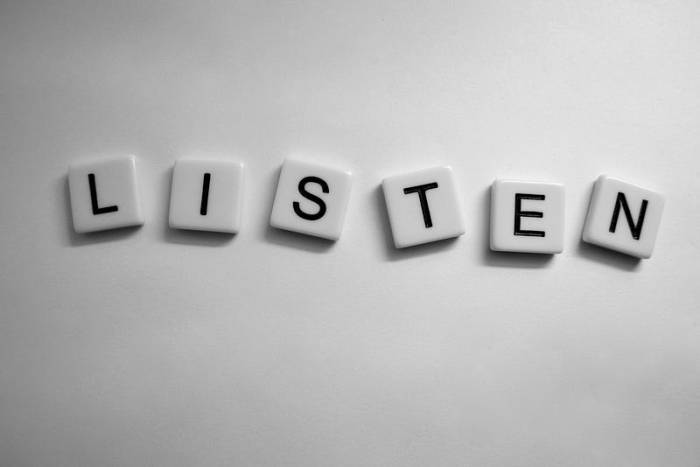What is a Product Manager For?
Ultimately you want someone able to act on the CEO’s behalf to make all the day to day decisions on product. They also act to research the requirements of customers and market potential of different idea’s to decide the key priorities at any time.

Key skills
A good product manager needs to be a good communicator to explain their findings and priorities to the CEO and the team. But even more importantly they need to be a good listener. The qualities you are looking for:
- Engage with the team and see their pains to build the best work processes
- Understand the CEO’s strategy and vision and quickly understand their requests with only limited explanation needed
- Listen to and document all the requests from customers and see things from their point of view.
Other Skills
Ideally, for this entrepreneurial role, they will have a good understanding of business needs and a scientific approach to trialling, testing and proving the best route forwards. They need to be able to have ideas and the humility to admit mistakes and try new ideas without losing a step.
Other standards such as self-starter, organised, timely, polite, team player are of course required but that would go into the general ‘not-an-idiot’ screening process.

Test
After the initial ‘not-an-idiot’ screening process the only thing you must test is how much they listen, and I don’t mean how good they are at taking notes.
I mean if they can come into a conversation with an opinion and leave with a completely different opinion because they actually listened to the argument presented to them instead of waiting to say their thoughts on it.
In an interview, this is a hard test to do as the situation often requires them to do most of the talking. But some key rules to follow:
- Do they answer the question exactly or do they answer want to answer?
- Do they ask questions for things they aren’t fully aware of so they can give better answers?
Try and have an informal chat about anything (in the interview or outside) to gauge how they are:
- A good listener will keep the conversation focussed on your topic
- A bad listener might give relevant examples to show they are listening but then carry on talking or even switch topics.
- A good listener if they do feel the need to give an example, they will keep it short and let you carry on with the story.
If they pass these tests you know that they will take the time really understand all stakeholders. They won’t interrupt them when they think they already know the answer and often miss the deeper problems or ideas people are trying to express.

